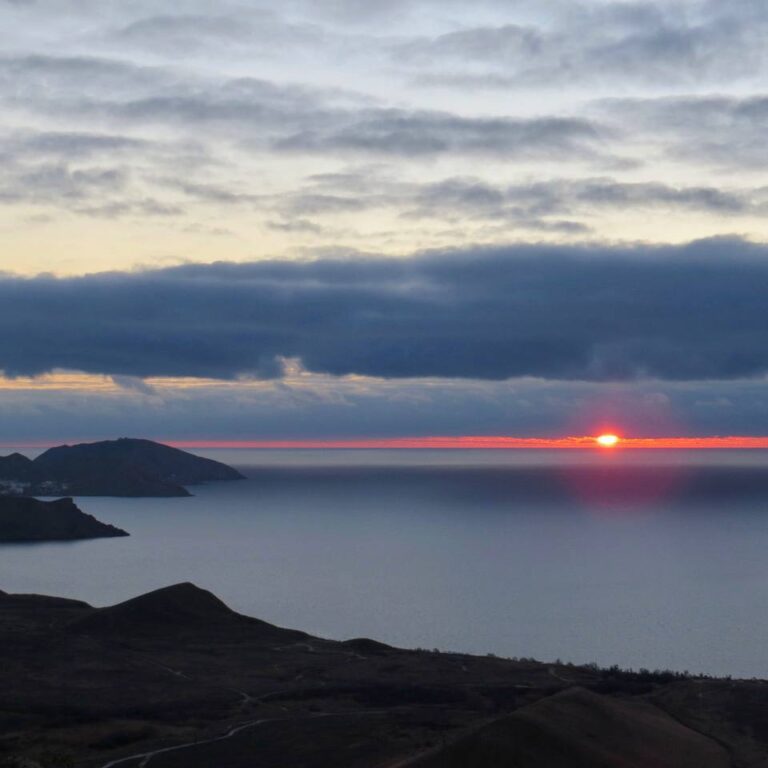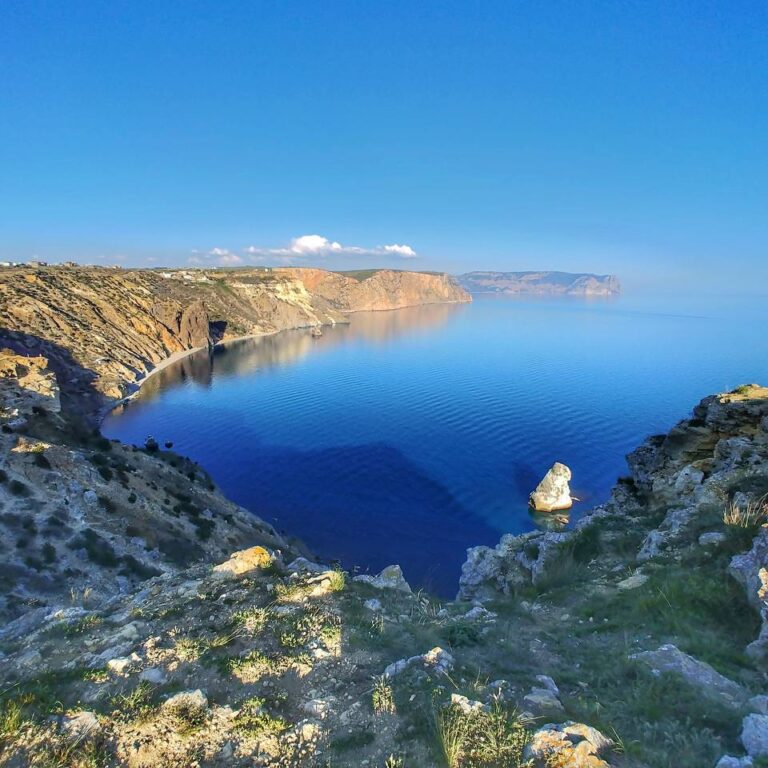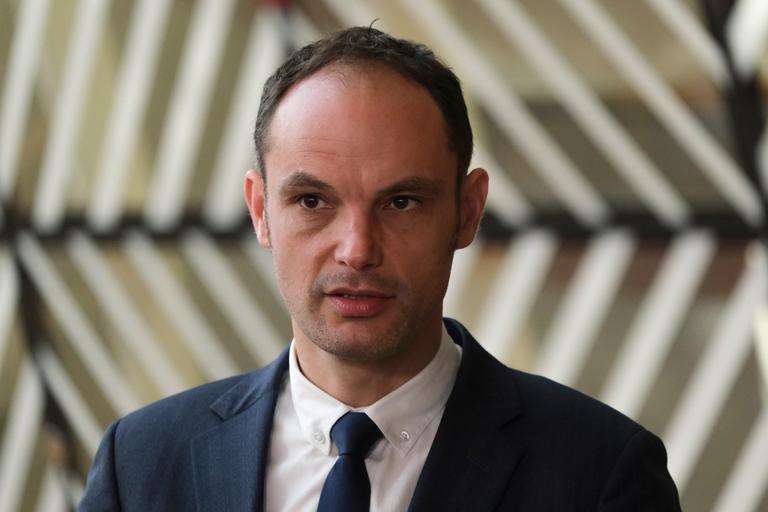Since the illegal operation “Crimean spring” the aggressor significantly increased the attempts to use the religious sphere for the establishment and maintenance of the criminal regime, including against the Crimean Tatars, which were recorded at the beginning of the occupation of the Crimean peninsula.
Almost immediately after the fake “referendum,” and in fact the seizure of Ukrainian Crimea, Crimean collaborators began to divide believers into “loyal and disloyal” to the regime. For the invaders, this factor became fundamental, as it played the role of controlling the opinions of the masses on the part of religious figures, including in terms of “non-recognition” of the war unleashed against Ukraine by the rf. The aggressor’s special services imposed total control over religious communities on the peninsula in order to prevent any manifestations of anti-war sentiment. This is typical practice for the aggressor state, which criminally seeks to endorse the so-called “special military operation”, i.e. Russian aggression.
Most Russian religious organisations and, in particular, the “Russian Orthodox Church” serve the interests of the aggressor state, even though these interests are condemned by the entire civilised world. Unfortunately, the occupied Crimea was not an exception to the rule. The aggressor state has been using a similar policy since the late 18th century, when the Russian Empire occupied the Crimean peninsula, and Catherine the Great used the religious organisations of the peninsula to create the concept of dividing believers of Islam into “traditional” and “non-traditional” ones.
Russian “authorities” have made propaganda efforts to blur the ethnic identity of indigenous peoples by substituting the label “Crimean Muslims”. Russian paramilitary structures, such as “Crimean Self-Defence”, “Crimean veterans of the Soviet-Afghan war” and “Crimean Cossacks” have been involved in abductions and enforced disappearances of believers in occupied Crimea.
The Russian special services also used a provocation in occupied Simferopol, exploiting the “church issue”. A statement by “Bishop Nestor of Yalta” was orchestrated not only about the fake “need to jointly confront the new challenges of the modern world”, but also about a kind of “primordialism”. This concept lies within the new criminal discourse of Moscow propaganda about a supposedly “higher civilisation”.
The occupiers’ approach was even condemned by Ecumenical Patriarch Bartholomew, who declared that the Kremlin and its minions are instrumentalising religion, while calling the “hawks” there “actors who often believe in nothing”.
Among the occupiers’ methods are attempts to create a parallel reality in religious life. It should be recalled that a fake “muftiat of Little Russia” was declared in the occupied territory of Kherson oblast with the support of Crimean collaborators. The initiative came from the “spiritual leaders” of the so-called “Taurian muftiat”. Under the leadership of “Mufti” Ruslan Saitvaliev, this organization actively cooperated with the occupation “authorities” and also established links with the muftis of the aggressor country. The handlers of the representatives of the “Tavricheskiy Muftiat” recruited clerics from Kherson, promising them “a career and support”.
Basically, sad as it is, the Kremlin, through the security services, uses religion as its propaganda tool. For example, in the Genicheskiy district of Kherson region, local collaborators have been taking “selfies” to demonstrate “readiness for reunification” with occupied Crimea.
The practice of removing literature remains one of the means of controlling the lives of believers. Such facts have been recorded in the public press. The criminal “prosecutor’s office” in Dzhankoy even opened an “administrative case” against Emir Medzhitov for “violation of the alleged legislation on missionary activity”. International structures are no exception.
The OSCE platform was used by the aggressor to proclaim the so-called representatives of ethnic “groups of Crimea”, in particular, Ruslan Bairov, a member of the “Civic Chamber of the Republic of Crimea” and Ervin Musaev, repeatedly tried to convince about absence of “any problems with freedom of religion in Crimea”, and punitive actions were justified by “the fight against extremism”.
In these circumstances, the provocations and aggressive unjustified illegal actions of the Russian Federation have been documented in the decisions of specialized international institutions.
Thus, the decision adopted on June 15, 2022 in the light of the report of Secretary General of the Council of Europe Maria Pejčinović Burić. At that time, the Committee of Ministers of the Council of Europe condemned human rights violations committed by Russia against ethnic Ukrainians and Crimean Tatars. The Secretary General’s report itself reflected general negative trends in Crimea and included references to activists Amet Suleymanov and Teymur Abdullayev, the first deputy head of the Mejlis, Nariman Dzhelyal. The document made clear that the population in the occupied territories was deprived of the human rights protection afforded by the European Convention on Human Rights and other relevant international instruments. Violations by the occupier also include discrimination based on ethnicity, religion and beliefs, suppression of the rights to national identity and culture.
The United Nations Human Rights Monitoring Mission has also in its thirty-first report of the Office of the High Commissioner for Human Rights presented the situation of human rights violations, confirming the aggressor’s violations of freedom of religion and belief and the rights of detainees, and documenting forced displacement and deportation.
Among the demands that Moscow has never met is the removal of discriminatory regulatory barriers that prohibit or restrict the activities of religious groups in Crimea. UN rapporteurs on freedom of religion or belief have been informed of Russia’s illegal measures to suppress freedom of religion as part of racial discrimination. Incidentally, case 166, Ukraine v. Russia, before the International Court of Justice, deals precisely with discrimination against ethnic Ukrainians and Crimean Tatars on the basis of their linguistic, educational and cultural, as well as religious beliefs.
The report of the UN Secretary General A/76/260 “Situation of human rights in the Autonomous Republic of Crimea and the city of Sevastopol, Ukraine” directly points to violations of freedom of opinion and expression, freedom of peaceful assembly and association, freedom of thought, conscience and religion. The report found more than 30 “trials” against more than 50 religious structures in Crimea, including Muslim, Jewish, Protestant, Catholic and Mormon organizations.
In light of these developments, the UN Secretary General has warned Russia to ensure the right to freedom of expression and opinion, peaceful assembly, association, and freedom of conscience and religion without discrimination on any grounds and without undue interference.
A formal call was made for an end to the “prior authorisation policy” of peaceful assembly and refraining from issuing warnings or threats to potential participants in that assembly, as well as the lifting of restrictions on Crimean Tatars to preserve their representative institutions, including the illegal ban on the Mejlis.







